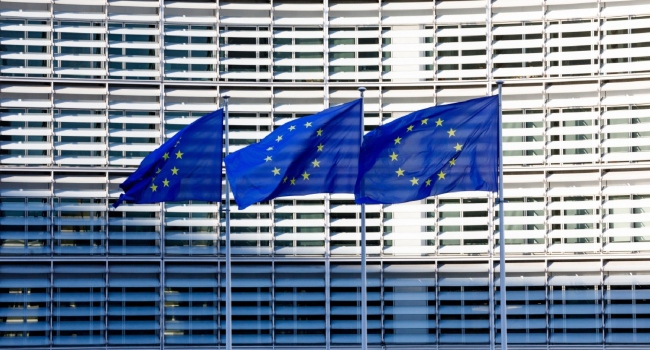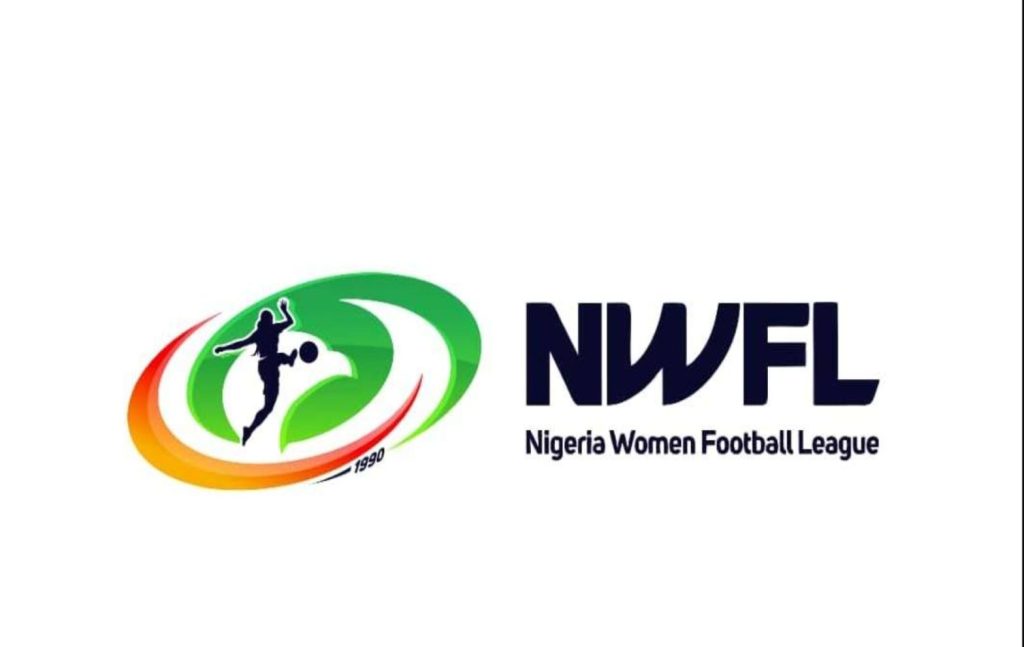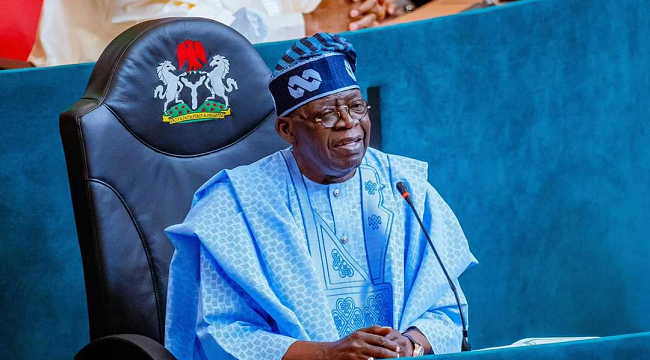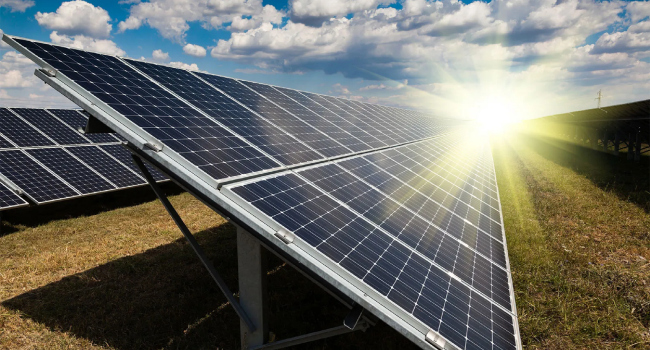In a significant development aimed at resolving South Africa’s political deadlock, Velenkosini Hlabisa, leader of the Inkatha Freedom Party (IFP), announced on Wednesday that the IFP will join a proposed national unity government. This move comes after the African National Congress (ANC) lost its parliamentary majority in the election held last month.
The IFP’s decision increases the likelihood of forming a coalition government with the ANC ahead of the crucial deadline on Friday, when the newly elected Parliament will convene for the first time since the May 29 election to elect a president.
The ANC, which has governed South Africa for 30 years since the end of apartheid in 1994, secured only 40% of the vote in this election. Despite remaining the largest party, it now requires coalition partners to continue governing and to reelect President Cyril Ramaphosa for a second term.
South African elections operate on a party-list proportional representation system, where voters elect parties to Parliament based on their share of the vote. These parliamentarians then elect the president.
Last week, the ANC proposed a government of national unity instead of forming a narrower coalition with one or two parties. The proposal invited participation from all 17 other parties represented in Parliament, though some declined the offer.
Hlabisa indicated that the IFP is willing to join a unity government that includes both the ANC and the Democratic Alliance (DA), the main opposition party which received the second-largest share of the vote. “For the sake of our country and a stable government,” Hlabisa said, highlighting the IFP’s commitment to national stability. The IFP primarily garners support from the Zulu ethnic group.
The DA has also shown willingness to join the unity government but has yet to make a final announcement as it continues negotiations with the ANC.
If the ANC, DA, and IFP form a coalition, they would secure a clear majority in Parliament.
However, two major parties, the far-left Economic Freedom Fighters (EFF) and the new MK Party led by former President Jacob Zuma, have refused to join the unity agreement. The MK Party has also filed court papers to halt the first meeting of Parliament and has objected to the election results, alleging irregularities.
Despite logistical challenges and objections noted by several parties, South Africa’s independent electoral commission officially announced the results on June 2, declaring the election free and fair. Independent observers concurred with this assessment.
MK has stated that its 58 newly elected lawmakers will boycott Parliament if the session proceeds on Friday. Nevertheless, South Africa’s constitution requires only a third of Parliament’s 400 lawmakers to be present for a quorum, ensuring that the vote to elect the president will proceed regardless of the boycott.



